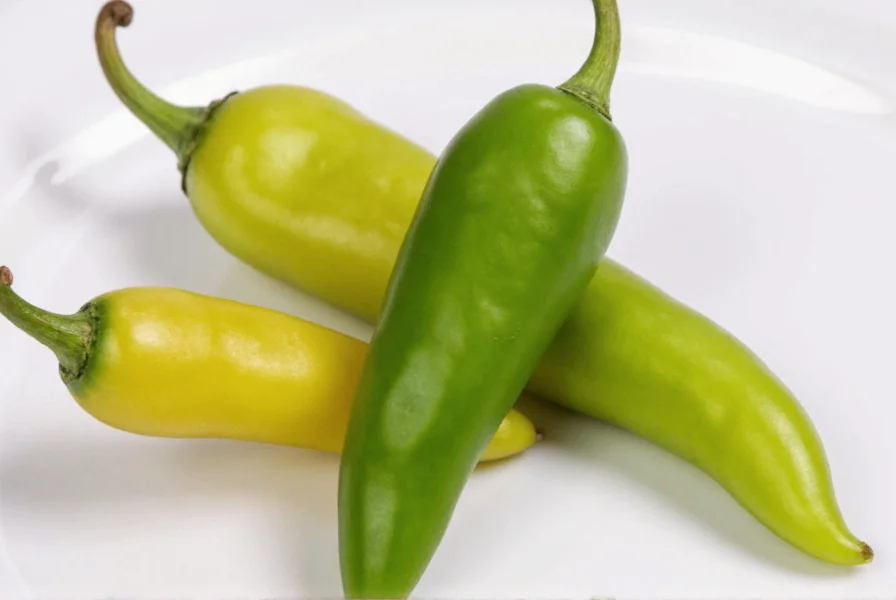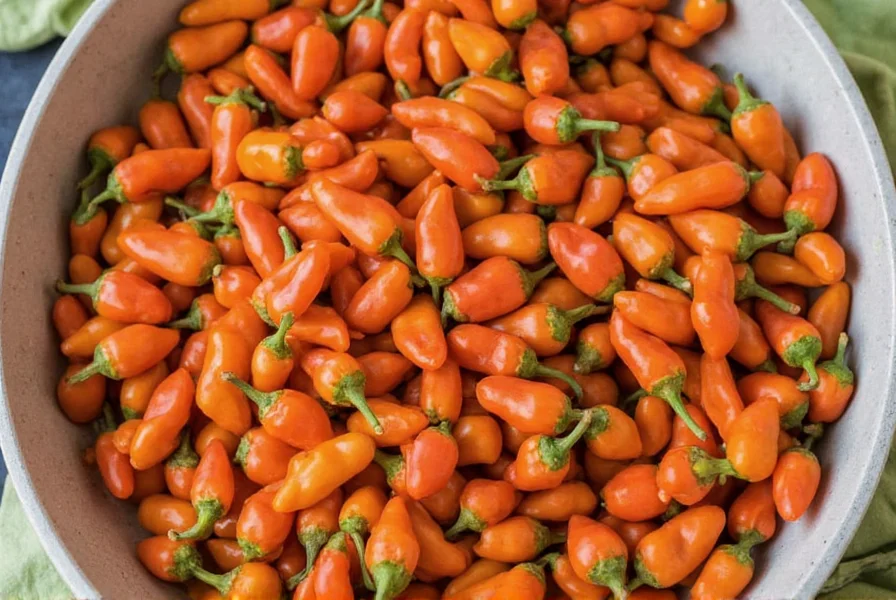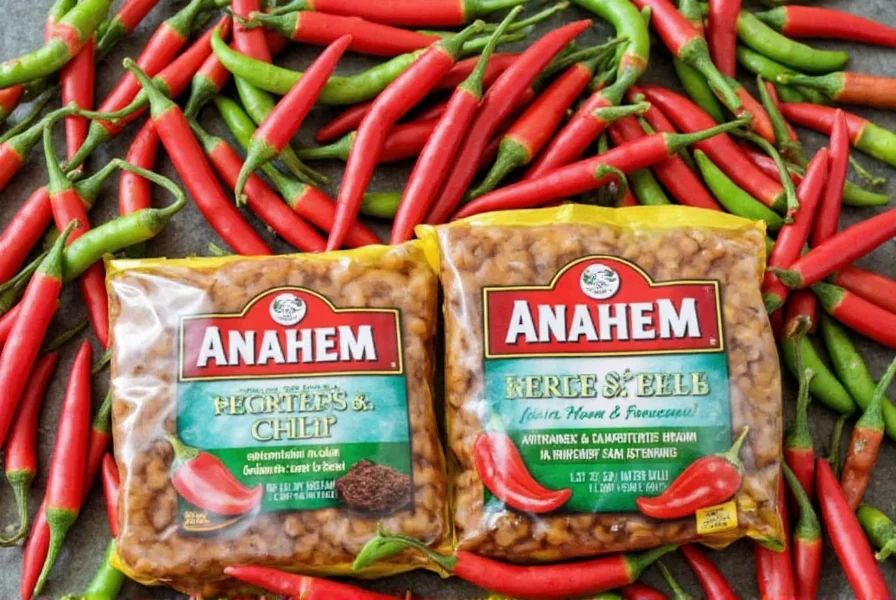Discover 10 delicious and easy Anaheim chili recipes that showcase their mild heat and rich flavor. From stuffed peppers to green chile stew, these step-by-step guides are perfect for beginners and seasoned cooks alike. Each recipe includes detailed instructions, ingredient lists, and pro tips for perfect results every time.
| Recipe | Prep Time | Cook Time | Difficulty |
|---|---|---|---|
| Cream Cheese Stuffed Anaheim Peppers | 15 mins | 25 mins | Easy |
| Green Chile Chicken Enchiladas | 20 mins | 30 mins | Medium |
| Smoky Anaheim Salsa | 10 mins | 5 mins | Easy |
| Roasted Anaheim Chile Dip | 10 mins | 15 mins | Easy |
| Anaheim Chile Cornbread | 15 mins | 40 mins | Medium |
| Stuffed Anaheim Chile Rellenos | 25 mins | 35 mins | Medium |
| Anaheim Chile Potato Soup | 10 mins | 25 mins | Easy |
| Green Chile Quesadillas | 5 mins | 10 mins | Easy |
| Anaheim Chile Lime Chicken | 15 mins | 20 mins | Easy |
| Chile Relleno Casserole | 20 mins | 30 mins | Medium |
Cream Cheese Stuffed Anaheim Peppers

Prep Time: 15 mins | Cook Time: 25 mins | Servings: 4
These cheesy stuffed peppers are perfect for a quick weeknight dinner or appetizer. The mild heat of Anaheim chilis pairs beautifully with creamy filling.
- Ingredients: 6 Anaheim chilis, 8 oz cream cheese, 1 cup shredded cheddar, 1 tsp garlic powder, 1/2 tsp cumin, 1/4 cup chopped cilantro, salt to taste
- Steps:
- Preheat oven to 375°F (190°C). Cut peppers lengthwise, remove seeds and membranes.
- Mix cream cheese, cheddar, garlic powder, cumin, cilantro, and salt in a bowl.
- Stuff peppers with cheese mixture, place in baking dish.
- Bake for 20-25 minutes until golden and bubbly. Garnish with extra cilantro.
Green Chile Chicken Enchiladas

Prep Time: 20 mins | Cook Time: 30 mins | Servings: 6
Comfort food at its finest! This enchilada recipe uses roasted Anaheim chilis for a smoky, flavorful sauce that's perfect for family dinners.
- Ingredients: 2 cups shredded cooked chicken, 4 roasted Anaheim chilis (chopped), 2 cups enchilada sauce, 8 corn tortillas, 2 cups Monterey Jack cheese, 1/4 cup sour cream
- Steps:
- Preheat oven to 350°F (175°C). Grease a 9x13 inch baking dish.
- Mix chicken, roasted chilis, and 1 cup enchilada sauce in a bowl.
- Fill tortillas with mixture, roll up, and place seam-down in baking dish.
- Top with remaining sauce and cheese. Bake for 20 minutes until bubbly.
- Serve with sour cream and fresh cilantro.
Smoky Anaheim Salsa

Prep Time: 10 mins | Cook Time: 5 mins | Servings: 4
This vibrant salsa is perfect for chips, tacos, or grilled meats. Roasting the chilis brings out their natural sweetness and smoky depth.
- Ingredients: 4 roasted Anaheim chilis, 1 cup tomatillos (halved), 1/2 onion (chopped), 2 garlic cloves, 1/4 cup cilantro, 1 lime (juiced), salt to taste
- Steps:
- Roast Anaheim chilis over open flame or under broiler until charred. Place in a bowl, cover with plastic wrap for 10 minutes.
- Peel off charred skin, remove seeds.
- Blend all ingredients until smooth. Adjust salt and lime to taste.
- Chill for 30 minutes before serving for best flavor.
Roasted Anaheim Chile Dip

Prep Time: 10 mins | Cook Time: 15 mins | Servings: 6
A creamy, smoky dip that's perfect for game day or parties. The mild heat of Anaheim chilis makes this dip crowd-pleasing.
- Ingredients: 4 roasted Anaheim chilis, 8 oz cream cheese, 1/2 cup sour cream, 1/2 cup shredded cheddar, 1/4 cup diced onion, 1 tsp cumin, tortilla chips
- Steps:
- Roast chilis until charred, then peel and seed.
- Blend roasted chilis, cream cheese, sour cream, cheddar, onion, and cumin until smooth.
- Transfer to baking dish, bake at 350°F (175°C) for 10-15 minutes until hot and bubbly.
- Serve warm with tortilla chips.
Frequently Asked Questions
How do I reduce the heat of Anaheim chilis?
Remove the seeds and white membranes (placenta) where capsaicin concentrates. For maximum mildness, choose bright green peppers over red ones, as ripeness increases heat. Briefly blanching in boiling water can also tame spiciness.
Can I substitute Anaheim chilis with other peppers?
Yes! Poblanos are the closest substitute (1,000–2,000 SHU) for stuffed dishes, while Hungarian wax peppers work well when green (similar heat profile). For roasted applications, Hatch chilis provide comparable flavor but with variable heat levels.
What's the best way to store roasted Anaheim chilis?
Freeze them whole in airtight bags for up to 6 months—they thaw quickly for cooking. For pantry storage, dry them into ristras or grind into powder. Canned or jarred roasted versions keep for months unopened and 1–2 weeks refrigerated after opening.











 浙公网安备
33010002000092号
浙公网安备
33010002000092号 浙B2-20120091-4
浙B2-20120091-4